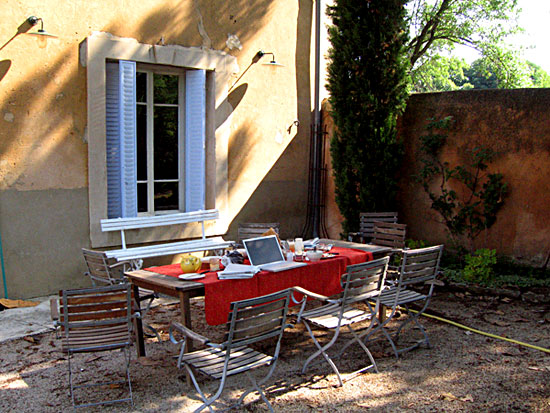I love the Economist for its journalism, but am generally sceptical about its editorials. This week’s Leader on the escalating madness in Lebanon, however, seems to me to be spot on. Sample:
The war that has just erupted apparently without warning between Israel and Lebanon looks miserably familiar. The wanton spilling of blood, the shattering of lives and homes, the flight of refugees: it has all happened in much the same way and just the same places before. In 1982 an Israeli government sent tanks into the heart of Beirut to crush the “state within a state” of Yasser Arafat and his Palestine Liberation Organisation. A quarter of a century later, Israel’s air force is pulverising Lebanon in order to crush the state within a state established there by Hizbullah, Lebanon’s Iranian-inspired “Party of God”. That earlier war looked at first like a brilliant victory for Israel. Arafat and his men had to be rescued by the Americans and escorted to exile in faraway Tunis. But Israel’s joy did not last. The war killed thousands of Palestinian and Lebanese civilians, along with hundreds of Israeli and Syrian soldiers. It brought years of misery to Lebanon—and, of course, no peace in the end to Israel. The likeliest outcome of this war is that the same futile cycle will repeat itself…
It goes on to speculate that the war may be partly a product of the insecurity that Israel’s new Prime Minister — a man with no military experience — may feel, and which may be leading him into being more belligerent than is necessary. One of the great things about Sharon was that at least he had been tempered in the heat of battle. As the old saying goes, Hell hath no fury like a non-combatant. (In the same context, it’s noteworthy that all the hawks in the Bush administration dodged the draft in Vietnam and never fired a bullet in anger.) The Economist Leader goes on…
It is because the stakes are so high that both sides have rushed so fast up the ladder of escalation. Israel’s aim is not just to even the score by hurting Hizbullah and then stopping. Before stopping, it says, it wants to deprive Hizbullah of its power to strike Israel in future. That means destroying Hizbullah’s rocket stores even if they are concealed in villages and bombing its command bunkers even if they are located under the crowded residential suburbs of south Beirut. It also means cutting off Hizbullah’s resupply, even if the subsequent blockade by land, sea and air brings Lebanon’s economy to its knees. If hundreds of civilians are killed, and hundreds of thousands put to flight, so be it: in war, under Israel’s philosophy, moderation is imbecility. Hizbullah is no different, and in some ways worse. The “open war” declared by Mr Nasrallah consists chiefly of firing rockets indiscriminately into Israel’s towns. Israel says it is killing civilians by accident, but the disparity in firepower means the Lebanese still suffer much more.
This is madness, and it should end. It is madness because the likelihood of Israel achieving the war aims it has set for itself is negligible. However much punishment Mr Olmert inflicts on Hizbullah, he cannot force it to submit in a way that its leaders and followers will perceive as a humiliation. Israel’s first invasion of Lebanon turned into its Vietnam. It is plainly unwilling to occupy the place again. But airpower alone will never destroy every last rocket and prevent Hizbullah’s fighters from continuing to send them off. No other outside force looks capable of doing the job on Israel’s behalf. At present, the only way to disarm Hizbullah is therefore in the context of an agreement Hizbullah itself can be made to accept…

